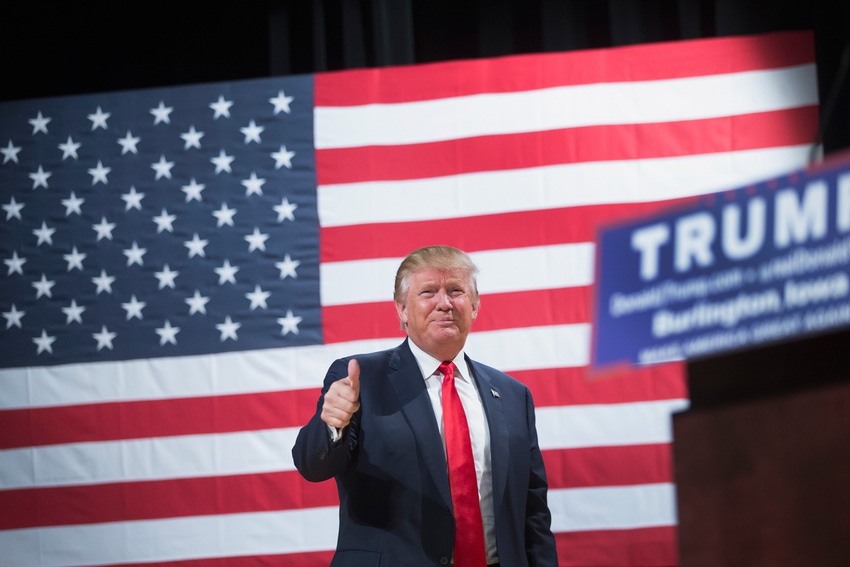Japan’s lower house of Parliament passed the Trans-Pacific Partnership.
November 12, 2016

Despite the substantial uniform effort by agriculture organizations and allied business partners, the opportunity to pass the Trans-Pacific Partnership flew out the window when the nation elected Donald Trump as the next president of the United States.
During the presidential campaign, both candidates spoke in opposition to TPP. However, Trump was more outspoken against of the 12-country deal, which includes the United States, Australia, Brunei Darussalam, Canada, Chile, Japan, Malaysia, Mexico, New Zealand, Peru, Singapore and Vietnam. As result of his strong opposition, the National Pork Producer Council says passage of the TPP in the “lame duck” session, which starts Monday, is grim.
Since Trump has promised to withdraw from the trade deal, leaders on Capitol Hill are not planning on rocking the boat by bringing it up for a vote.
[CHARTBEAT:3]
“I think the TPP is dead, and there will be blood all over the floor if somebody tries to move that through the Congress anytime soon,” says Sen. Jeff Session (R-Ala) to reporters this week. Senate Majority Leader Mitch McConnell (R-Ky) reiterated Sessions’ statement. “It’s certainly not going to get brought up this year.”
America’s pig farmers are acutely aware of the necessity to gain market access around the world and the importance of trade agreements like the TPP. Agriculture organizations explain that TPP is the most significant free trade deal as the Asia-Pacific area is the fastest growing region in the world. A recent study estimates that a one-year delay in approving this trade deal will cost the U.S. economy $94 billion.
“All 11 countries are pork-consuming countries in a big way. It is access to over half billion new consumers. These economies are progressive and growing. You cannot just ignore that,” John Weber, NPPC president, further explains. “I personally do not think you can isolate yourself away from that type of market. I think it would be a financial disaster not only for your own personal operation but for the country in general.”
Although Congress is most likely not to address TPP this year, the other remaining countries still can approve the trade deal. Japan’s lower house of Parliament this week passed the TPP. Japan’s upper house has to give final approval, which could happen later this month. Japanese Prime Minister Shinzo Abe is scheduled to meet with Trump next week. Next week, President Obama will be meeting with leaders from the 11 other TPP countries at the annual summit of the Asia-Pacific Economic Cooperation forum, reports NPPC.
TPP is a legacy issue with the Obama administration and White House officials maintain they haven’t given up on pushing the trade pact through Congress. The topic was expected to come up at a summit.
White House Press Secretary Josh Earnest said Wednesday, “President Obama does continue to believe that this is the best opportunity that the Congress has to take advantage of the benefits of a Trans-Pacific Partnership agreement that cuts taxes — 18,000 taxes that other countries impose on American products.”
He continues, “We’ve got a strong case to make about the Trans-Pacific Partnership, and we’re going to encourage Republican leaders to take it up and pass it because of the enormous benefits that would accrue to American workers, American businesses, and the broader U.S. economy.”
You May Also Like



